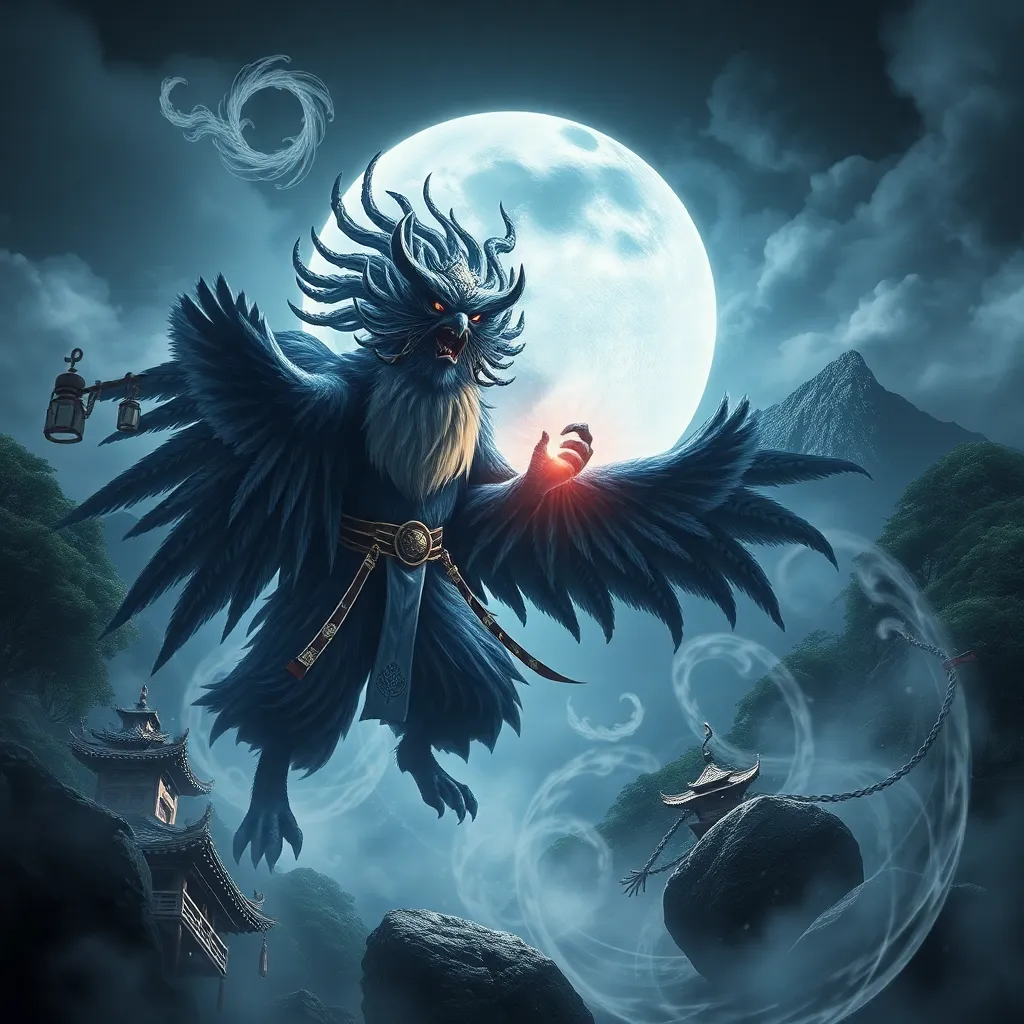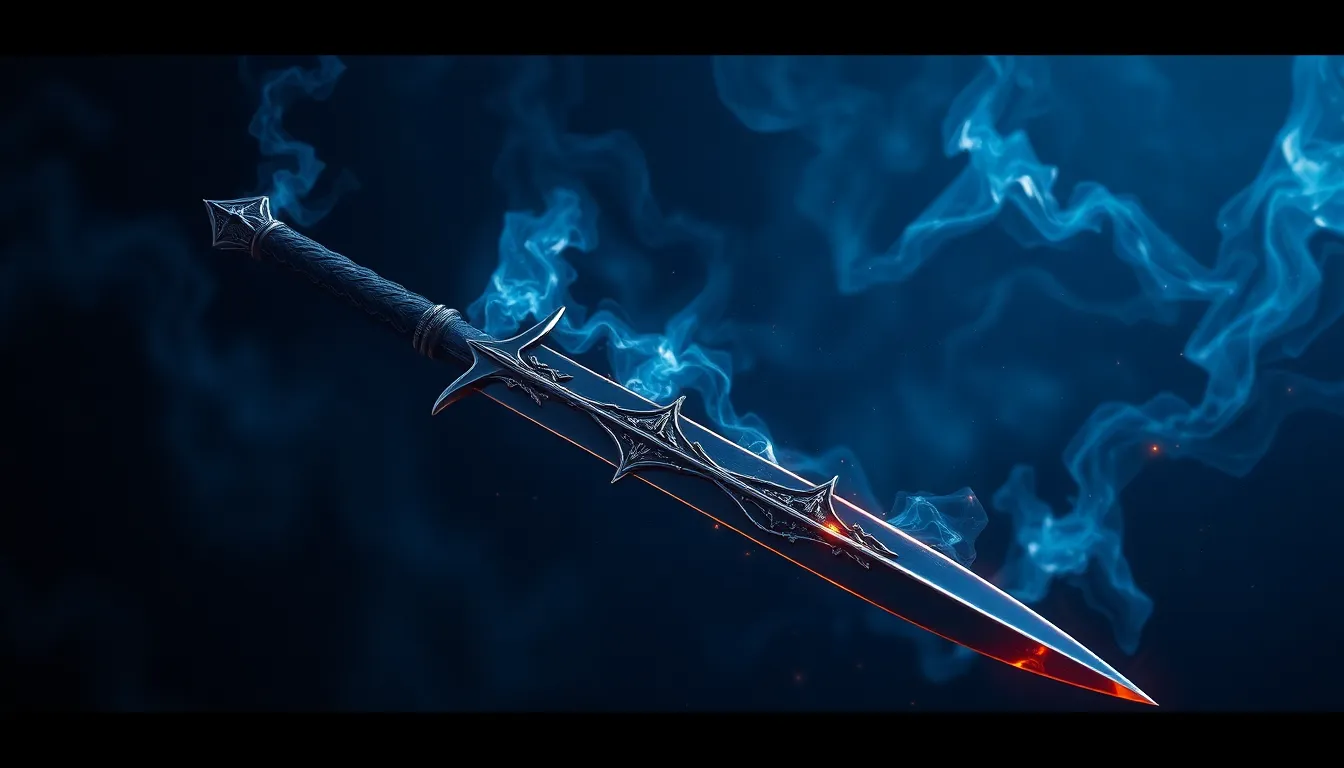Hawaiian Mythology: The Power of Ancestors
In the rich tapestry of Hawaiian mythology, ancestors play a central role, shaping the very foundation of the culture, beliefs, and practices of the Hawaiian people. The ancestors are not merely figures from the past; they are revered as powerful deities, guiding spirits, and vital links to the divine. Their stories, passed down through generations, illuminate the origin of the islands, the creation of life, and the interconnectedness of all things.
Hawaiian Origin Myths: The Creation of the Islands and the First People
Hawaiian mythology begins with the creation of the islands themselves. The most prominent origin myth tells the story of the demi-god Kāne, who emerged from the void and shaped the first islands from the ocean floor. His consort, the goddess Wākea, birthed the first humans, Papa and Wakea, who are considered the ancestors of all Hawaiians. This creation myth emphasizes the link between the land, the ancestors, and the divine, and it emphasizes the importance of honoring the past and the land itself.
Kumulipo: The Hawaiian Creation Chant & the Importance of Ancestral Lineage
The Kumulipo, a long genealogical chant, is a foundational text in Hawaiian culture. It traces the lineage of the Hawaiian people back to the very beginning of creation. The chant details the emergence of life from the depths of the ocean, culminating in the birth of the first humans. The Kumulipo is not just a record of ancestry; it is a sacred text that reveals the interconnectedness of all living things, emphasizing the importance of honoring ancestral knowledge and remembering the past.
The Akua: Deified Ancestors and Their Influence on Hawaiian Life
In Hawaiian mythology, the akua are powerful deities believed to be descended from ancestors who have achieved godhood. These akua are not distant, abstract figures; they are deeply involved in the lives of the Hawaiian people, influencing everything from the weather and crops to the health and well-being of the community. Notable akua include Pele, the goddess of volcanoes, Kū, the god of war and agriculture, and Lono, the god of fertility and peace.
Ka-ʻana-ʻana: The Importance of Storytelling and Passing Down Ancestral Knowledge
Stories played a crucial role in Hawaiian society, serving as a means of preserving and transmitting ancestral knowledge, beliefs, and values. The act of storytelling, known as ka-ʻana-ʻana, was a sacred duty, connecting the present generation to the past. These stories reinforced the importance of honoring ancestors, following their example, and seeking their guidance. Through storytelling, the ancestral voices remained alive, influencing the lives of future generations.
The Role of Ancestors in Rituals and Ceremony
Hawaiian rituals and ceremonies were deeply rooted in ancestor veneration. These events served as a way to honor the ancestors, seek their guidance, and maintain a connection with the divine. One important ritual was the ʻōhiʻa lehua ceremony, which involved offering flowers and prayers to the ancestors, seeking their blessings for protection and prosperity. The Hoʻokupu, a ritual offering of food, was another way to show respect to the ancestors. These ceremonies were not just symbolic acts; they were believed to be a powerful way to communicate with the ancestors and receive their blessings.
The Concept of Mana: The Spiritual Power Inherited from Ancestors
Mana is a key concept in Hawaiian mythology, signifying a spiritual power inherent in all living things. However, it is believed that ancestors possess a heightened level of mana, which they can pass down to their descendants. This inherited mana grants individuals strength, prestige, and a connection to the divine. The more powerful an ancestor’s mana, the more influence they have on the lives of their descendants. Therefore, honoring ancestors and following their example becomes a way to harness their mana and live a more fulfilling life.
Ancestral Spirits and the Afterlife: The Realm of Po
In Hawaiian belief, when an individual dies, their spirit travels to the underworld, the realm of Po. Po is not a place of torment, but rather a continuation of life, albeit in a different form. The spirits of ancestors remain active in Po, continuing to influence the lives of the living. They can guide, protect, and even intervene in the affairs of their descendants. To ensure a peaceful afterlife for their ancestors, Hawaiians performed various rituals and offerings, ensuring their ancestors were comfortable and well-cared for in the realm of Po.
The Modern Relevance of Ancestor Worship in Hawaiian Culture
While modern-day Hawaiians may not practice ancestral worship in the same traditional ways, the reverence for ancestors remains a strong part of their cultural identity. Many Hawaiians still honor their ancestors through storytelling, genealogy research, and cultural practices like hula and chanting. The Kumulipo, the genealogical chant, is still recited and studied by many Hawaiians today, reminding them of their connection to the past. The principles of mana and the importance of seeking guidance from ancestors are also still deeply ingrained in the Hawaiian worldview.
Theories on the Origin and Development of Ancestor Worship in Hawaii
Anthropologists have proposed various theories about the origins and development of ancestor worship in Hawaii. Some believe it emerged from Polynesian beliefs, which emphasize the importance of lineage and ancestral connections. Others argue that ancestor worship evolved through a combination of indigenous beliefs and the influence of contact with other cultures like the ancient Egyptians. Regardless of its origins, ancestor worship is deeply rooted in Hawaiian culture, playing a vital role in shaping the beliefs, values, and practices of the Hawaiian people.
FAQ
What are some of the most important ancestors in Hawaiian mythology?
Some of the most important ancestors in Hawaiian mythology include Papa and Wakea, the first humans created by the gods. They are considered the progenitors of all Hawaiians and are often honored in ceremonies and rituals. Other important ancestors include Pele, the goddess of volcanoes, who is said to be a descendant of the ancient Hawaiian chiefs.
Is ancestor worship still practiced in Hawaii today?
Modern-day Hawaiians may not practice ancestor worship in the same traditional ways as in the past, but the reverence for ancestors remains a strong part of their cultural identity. Many Hawaiians still honor their ancestors through storytelling, genealogy research, and cultural practices.
What are some of the benefits of honoring one’s ancestors?
Honoring ancestors is believed to bring a sense of connection to the past, strength, prestige, and guidance. It is also believed to help maintain a connection to the divine and ensure a smooth transition to the afterlife.
What are some ways to honor one’s ancestors?
There are many ways to honor ancestors. Some people tell stories about their ancestors, research their family history, or visit their graves. Others participate in cultural practices like hula, chanting, or ceremonies that are related to ancestor worship.
Is ancestor worship a form of religion?
Ancestor worship is not a formal religion, but rather a cultural practice that is deeply integrated into the beliefs and values of many societies. It is a way of honoring the past, seeking guidance from ancestors, and maintaining a connection to the divine.




